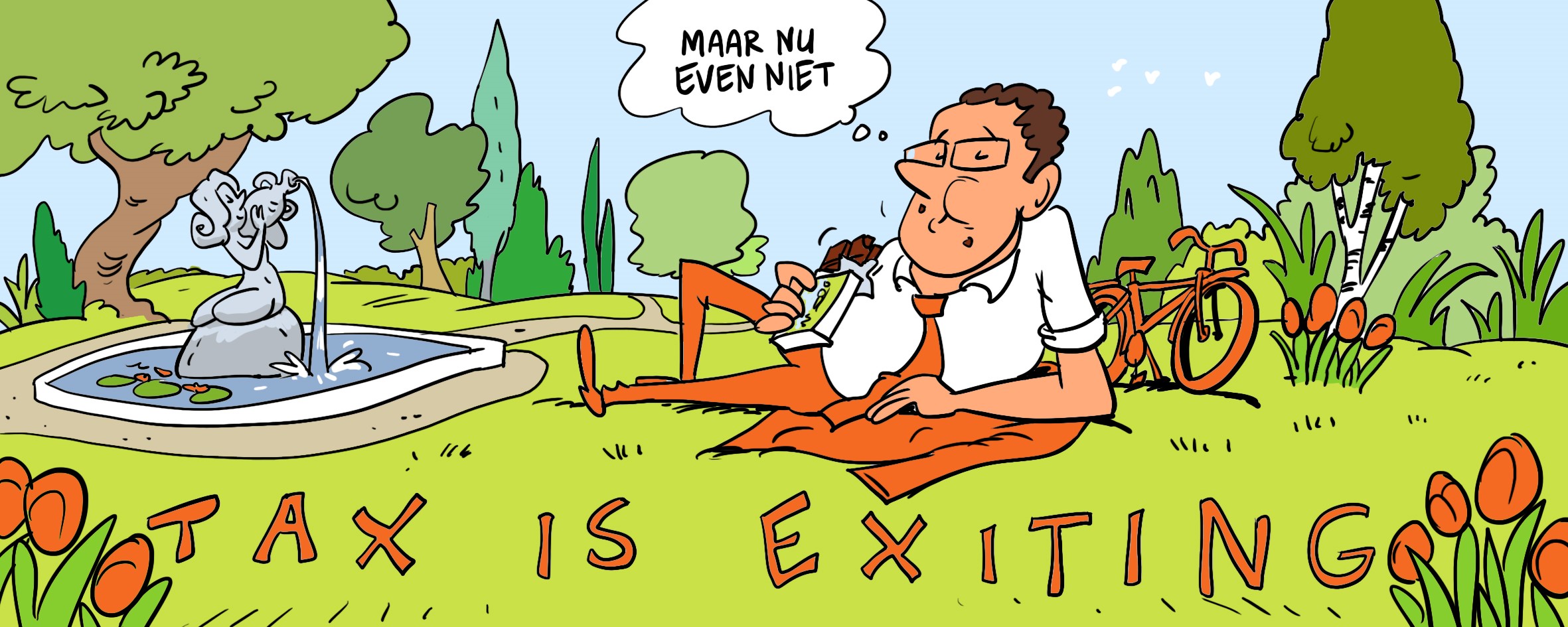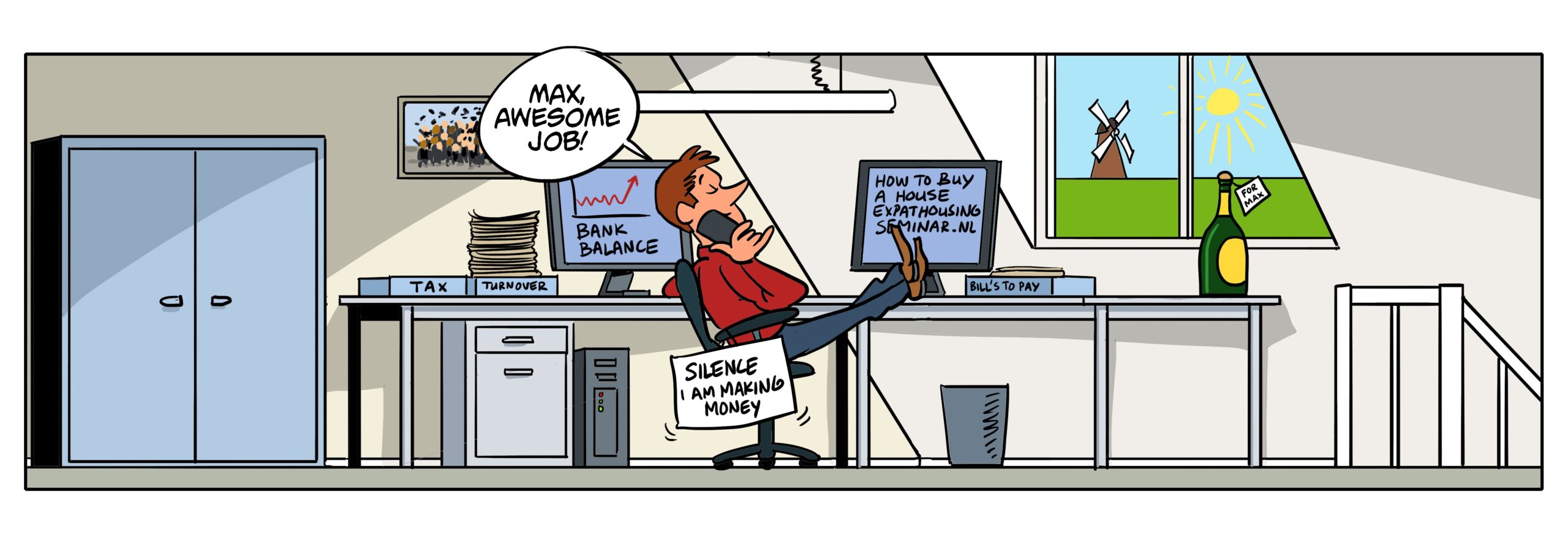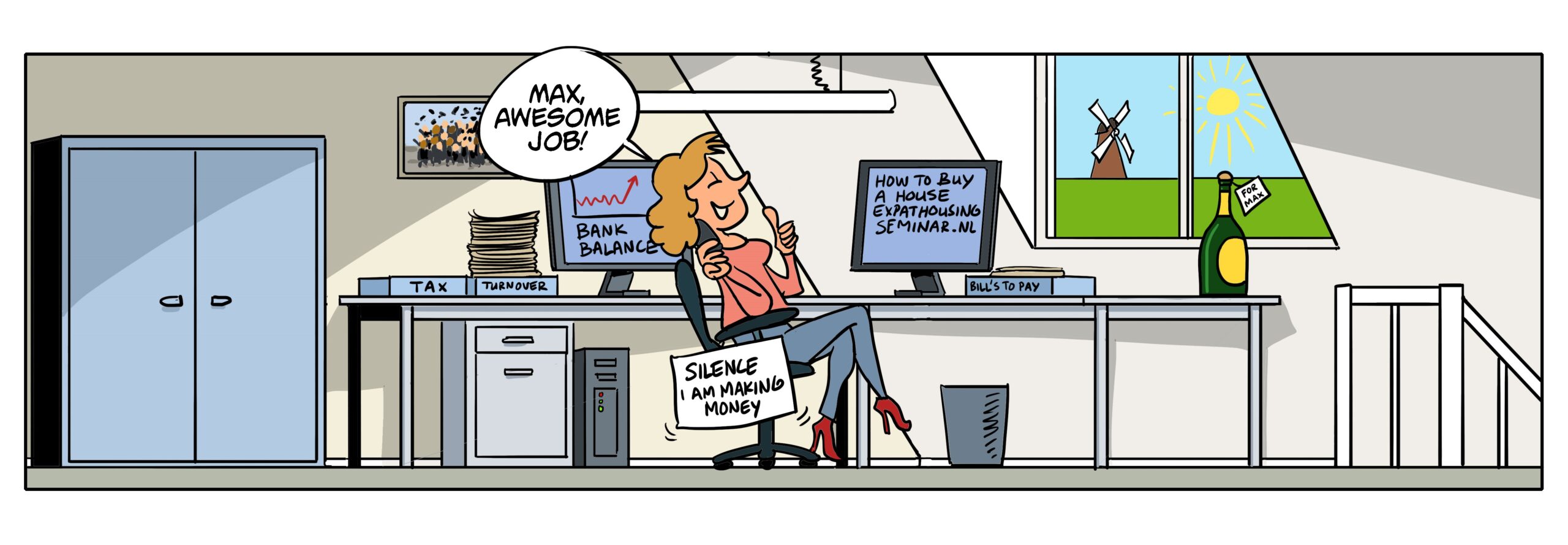Box 3 and renting out properties involves some tax techniques. These are updated or better, cancelled, as per January 1, 2023. What is that about?
Box 3 and renting out properties
The moment you are a Dutch resident tax payer, you need to report your worldwide assets in Box 3. That includes Dutch property you own and rent out. Even if you hold the 30% ruling, which implies you do not need to report Box 3. The Dutch property is an exception on this 30% ruling status.
In Box 3 the taxation is on asset value. If you rent out a property, the value of that property is less. A buyer is not willing to pay the economic value of the property if there is a tenant in the property. The buyer cannot freely use the property due to the tenant, hence less value.
How is the rented property currently valued in Box 3?
Right now a calculation is being used to determine the value of rented properties. Part of the calculation is the so called WOZ value. That is the value determined by the city. And the actual rental income is being used. If you enter that in the calculation set by the Dutch tax office, the value is determined.
It is a known fact that the outcome of this calculation is rather low. Low is good. One of the conditions to be able to use the calculation is that the tenant needs to be rent protected. That applies when the contract exceeds 24 months.
What will change as per January 1, 2023?
The Dutch Government is aware of housing prices having increased massively. At the same time, that did not bring them more tax money. To get a higher taxation on, in this case, rented properties, it was suggested to fully abandon the current calculation used. That would imply 100% of the WOZ value is taxed.
The suggestion now made by the Minister of Finance, Marnix van Rij, is not to abolish the calculation. Updating the calculation. Still a suggestion. As nobody in our Parliament has any interest in taxation (the funding of all their plans), it will be accepted.
The new rule makes that temporary contracts can no longer use the lower value calculation. And if you rent out to a related party, 100% of the WOZ value is taxed.

What does that imply?
In my opinion not a lot. Currently rental agreements under 24 months are excluded already. The 24 months is a moment rental protection kicks in. For normal residential rented places nobody maintains a limited number of months exceeding 24 months, as legally it service no purpose.
That leaves the related parties, or in other words, the son and daughter renting daddy’s place. This is under the suggested change now also taxed at 100%. The daddy’s that rent this property to their children have never contacted us, as it can be set up much more tax efficient.
Why does our Minister of Finance have the opinion this brings more tax in?
The above is about income tax, our daily business. The update suggested also impacts inheritance tax, and there a huge difference is made. 40% inheritance rate charged over 100% economic value of the property is significantly higher.
Tax is exciting
We think tax is exciting. The update made by the Minister of Finance does not impact the Dutch tax levy instantly. In the ‘end’ with respect to inheritance and gift tax, the update will make a significant change.
For parents that would like to help out their children with housing. We cannot provide financial advice. We might be able to provide a fiscal setup that is legit and good for both parents and children.





